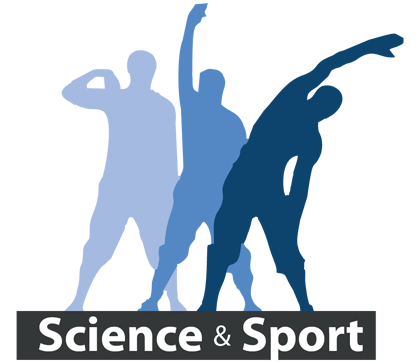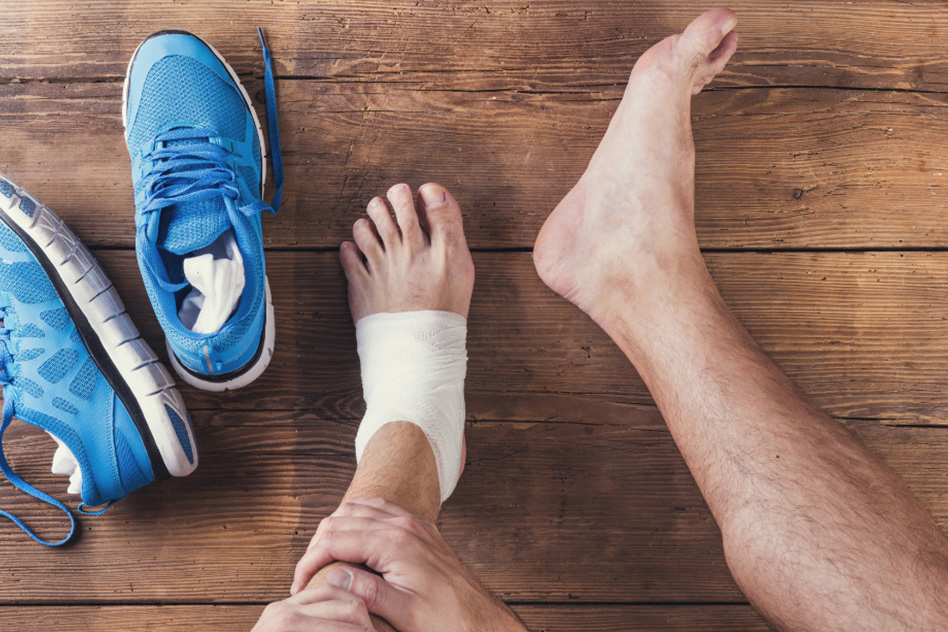Get Support
Ask for help when you need it, and accept help when it is offered. You will need different types of support through this process. You’ll need informational support from people on your medical team, someone to listen when you need to vent, a trusted teammate to train with when you’re making your comeback; allow people to help you and ask for the support you need.
Relax
The physiological effects of stress create muscle tension and lower your immune system, impacting your body’s ability to heal. There are plenty of free apps and YouTube videos that teach breathing, progressive relaxation, and other techniques to help reduce stress. The added bonus is if you work on the skill of relaxation now, it will also have a positive impact on your ability to perform under pressure when you get back to your sport.
Laugh
Laughter not only reduces stress it also acts as a muscle relaxer and even imagining the anticipation of laughing reduces cortisol and adrenaline and helps muscles to relax (Berk, Tan, & Berk, 2008). Try it right now. Think of something you know would make you laugh and see if you notice a shift in your emotions and body. Be proactive about creating opportunities to laugh; more laughing equals less stressing.
Visualize
When you engage in visualization, you are using the same preparatory neural pathways you would while actually executing the skill. If you are early in your injury recovery you can visualize your injured body part healing or take a moment to see yourself performing a rehabilitation activity in your mind before you actually perform it. If you’re later in your recovery you can visualize how you want to feel and perform as you get back into competition. Mental rehearsal is the next best thing to physical rehearsal.
Adjust Your Goals
Your ability to adjust your expectations and adjust your goals while injured is a huge factor in dealing with stress. The timeline for recovery will never be as fast as you want and you will have to deal with some setbacks along the way. Be sure you’re gauging your success based on your actual progress and not based on where you wish you were or think you should be. Adjusting your goals doesn’t mean you’ve failed, it means you are adapting based on the feedback you are receiving. Adapting keeps you on your goal path.
Proactively working on successfully recovering from your injury by using all of the mental and physical tools available to you is as much a part of being an athlete as training and competing. When you’re injured it’s easy to become consumed with all of the things you can no longer do and all of the things you’ll be missing out on. By proactively working on your injury recovery you help regain some control in an uncontrollable situation by shifting your focus from what you can’t do to what you can do. Use your injury recovery as an opportunity to come back physically and mentally stronger.
Physiotherapy
Physiotherapy helps restore movement and function when someone is affected by injury, illness or disability.
For Tendinopathies you can use eccentric exercise, transversal massage, cold and hot, ultra sound, electrostimulation, shock waves in the management of the injuries such as:
- Shoulder pain
- Exercice for Tennis Elbow
- Stanish Protocol
- Knee Pain
- Wriste Pain
- Back Pain
- Hips Pain


